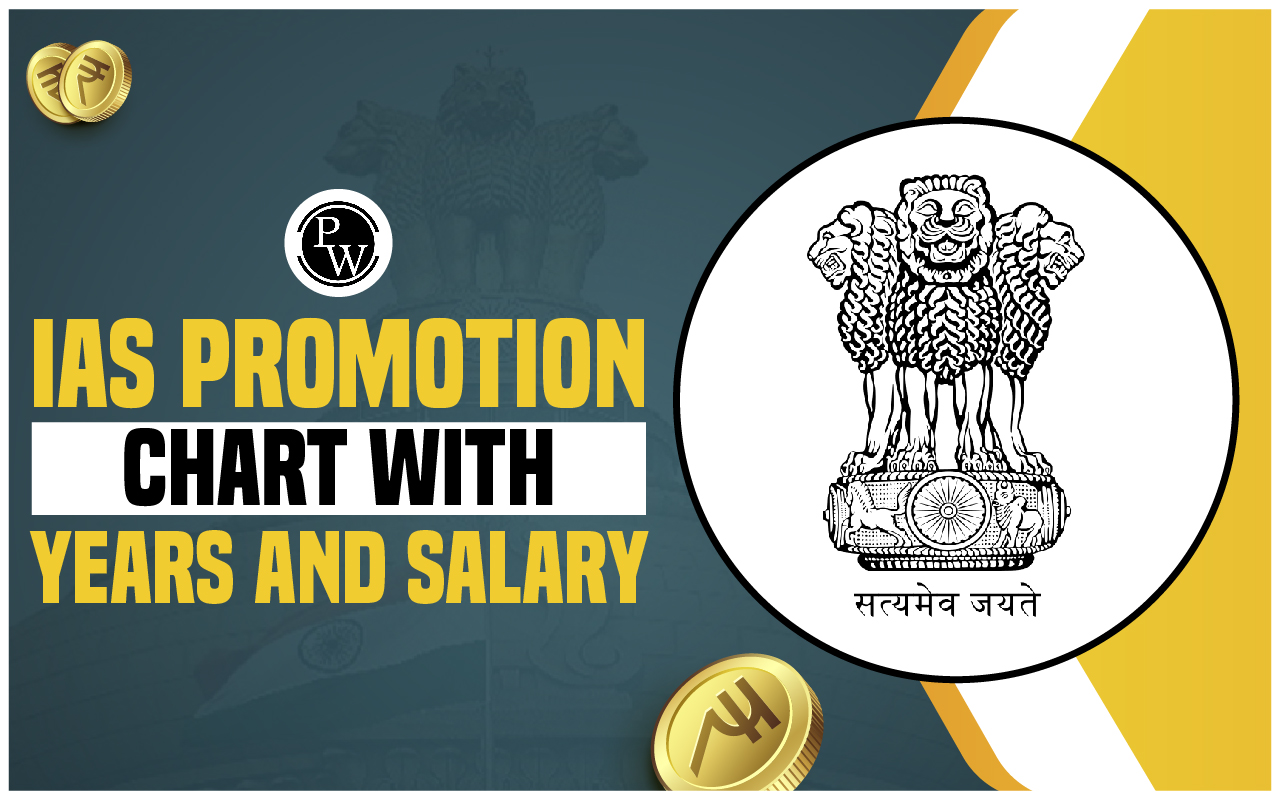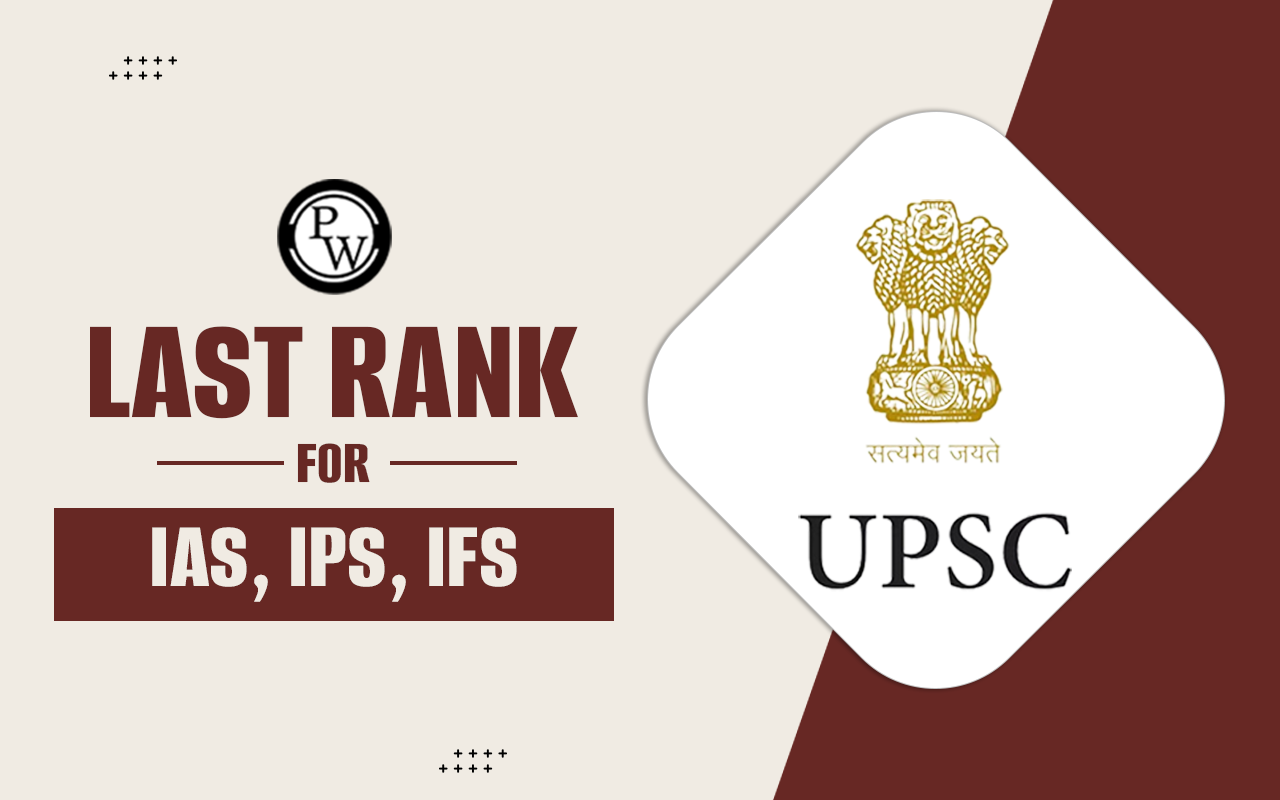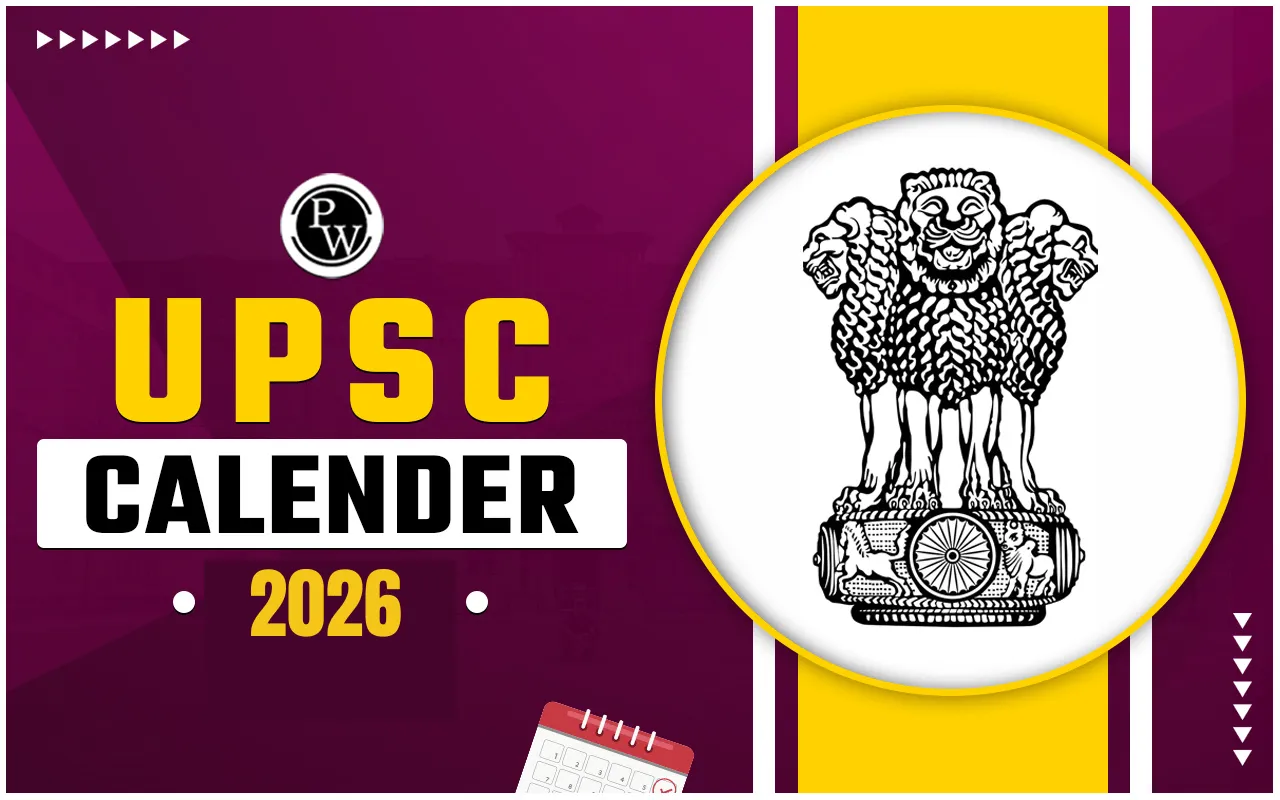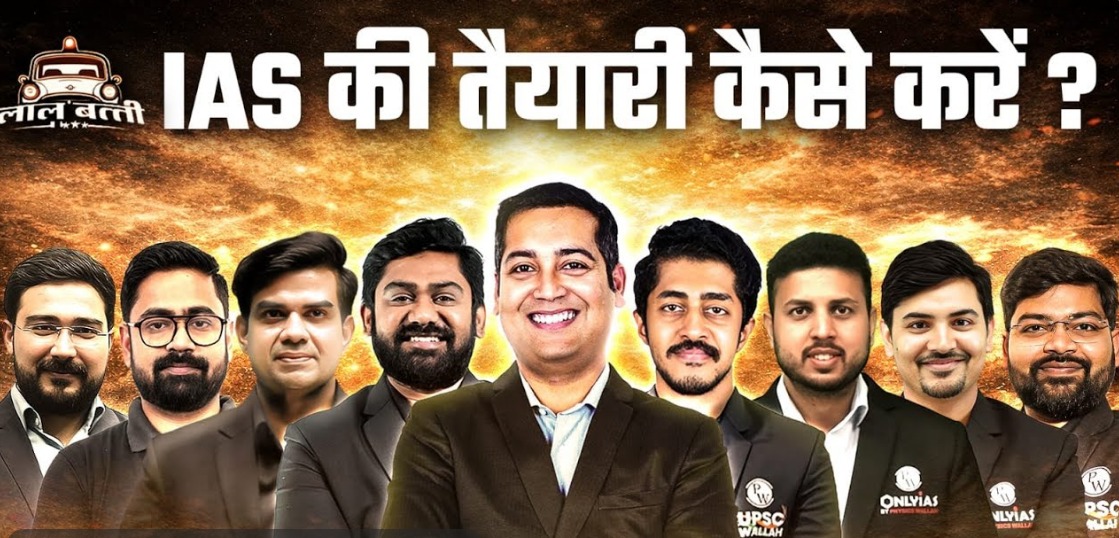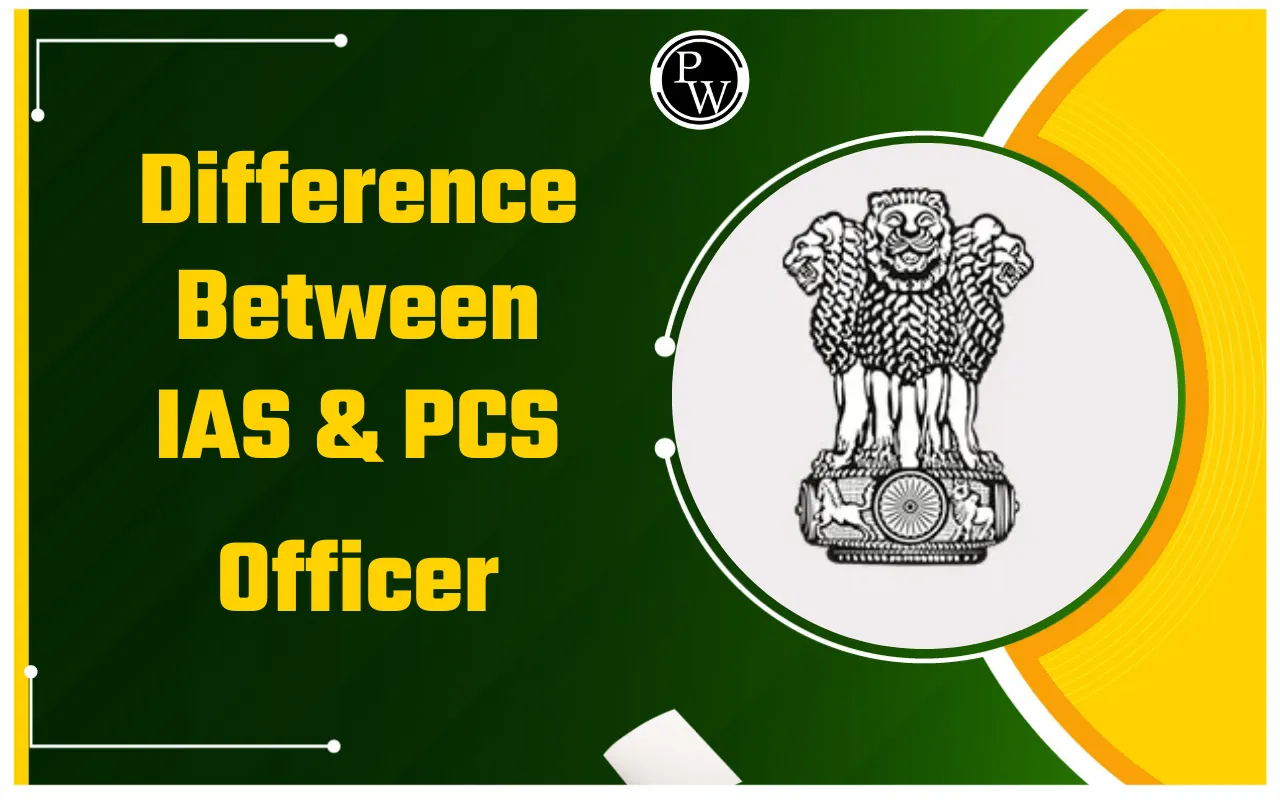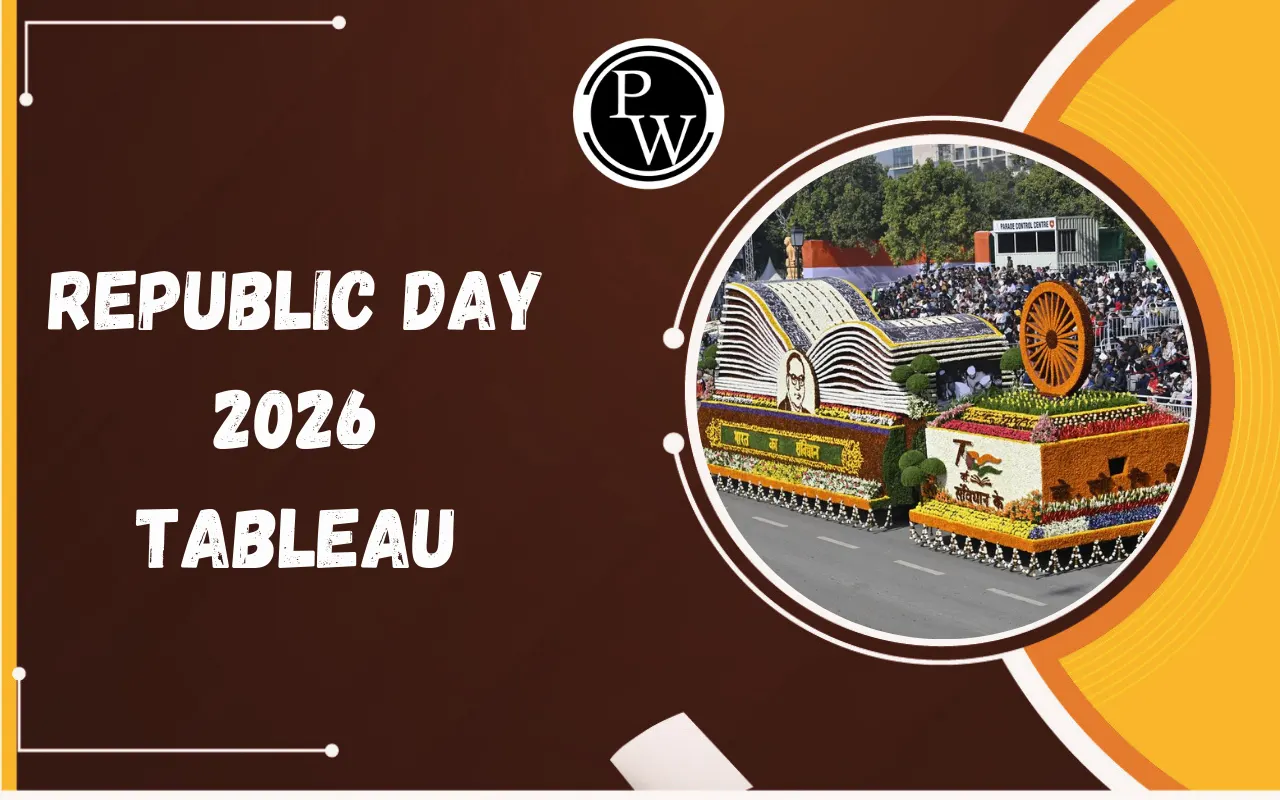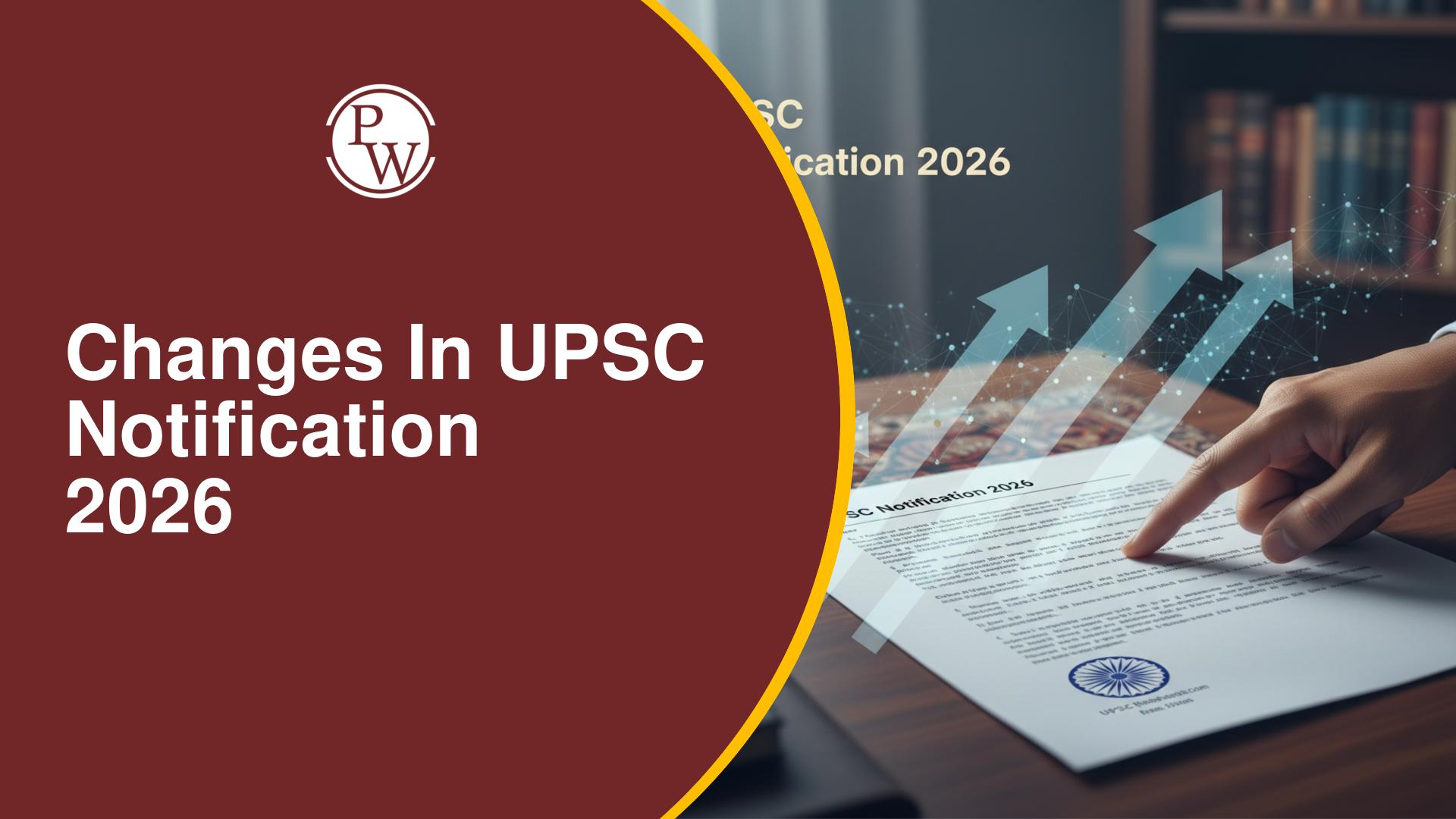
Model Code Of Conduct (MCC) has been news recently with cases of violation being reported during the Maharashtra and Jharkhand assembly elections. MCC is basically a set of guidelines developed to ensure free and fair elections in India.
The Model Code Of Conduct lays down the dos and don’ts for political parties, candidates, and government officials during the election period. Keep reading to learn more about it!What is a Model Code Of Conduct?
The Model Code of Conduct is a set of guidelines issued by the Election Commission of India (ECI) to regulate the conduct of political parties, candidates, and government officials during elections. The MCC's primary objective is to maintain the integrity of the election process by preventing malpractices, promoting fair competition, and ensuring that the public is not subjected to undue influence during the election period. The key features of the Model Code of Conduct are:- Purpose: MCC ensures that no undue advantage is taken by any stakeholder during elections.
- Time Period: The model code of conduct time period begins with the announcement of election dates by the Election Commission and ends with the declaration of results.
- Legal Standing: MCC is not legally enforceable, but its provisions are morally binding, and its violations may lead to action under existing laws such as the Representation of Peoples’s Act (RPA) 1951.
Evolution of Model Code of Conduct
The history of the Model Code of Conduct in India dates back to 1960 when it was first introduced in Kerala for Assembly elections . Later during the Lok Sabha elections in 1962 , the Election Commission issued a code of conduct for political parties. However, the issue of corruption and malpractices continued leading to multiple revisions in the MCC such as 1974, 1979, and 1991. The latest revision to the Model Code of Conduct was done in 2014 according to the guidelines of the Supreme Court in 2013.Objectives of Model Code of Conduct
The primary objectives of the Model Code of Conduct are to ensure fair elections and maintain ethical standards in the electoral process. Some of the key objectives include:- Fair Play: Ensure that all candidates and parties operate on an even playing field.
- Transparency: Promote public trust by maintaining ethical campaign practices.
- Non-partisanship: Prevent the misuse of official machinery for electoral gains.
- Peaceful Elections: Minimise conflicts, violence, and hate speech during the election period.
- Voter Protection: Safeguard the rights of voters against coercion or undue influence.
Important Provisions of the MCC
The Model Code of Conduct is divided into several provisions aimed at regulating the behaviour of candidates, political parties, and government officials. Some of the key provisions are: General Conduct:- Avoid using language or activities that may incite hatred, violence, or tension among different communities, castes, or religions.
- Do not use places of worship for election-related activities.
- No campaigning within 100 meters of polling stations or during the 48 hours before the election.
- Bribery, voter intimidation, impersonation, and other illegal practices are strictly prohibited.
- Inform local authorities in advance about meetings to ensure security and order.
- Obtain necessary permissions for the use of loudspeakers or public gatherings.
- Collaborate with police to manage disturbances; do not take action against disruptors.
- Notify police about procession details to prevent traffic disruptions and ensure safety.
- Stick to the planned route and schedule.
- Prevent processionists from carrying harmful items or engaging in violent demonstrations (e.g., effigy burning).
- Cooperate with election officials to ensure a peaceful polling environment.
- Avoid gathering crowds or conducting any campaigning near polling stations.
- Observers address complaints from candidates or agents regarding election conduct.
- Ministers should not use official machinery or resources for campaigning.
- Ministers cannot promise grants, schemes, or new appointments after elections are announced.
- Manifestos must align with the Constitution and focus on feasible, transparent promises.
- Manifestos cannot be released during the 48-hour prohibitory period before polling.
Significance of Model Code of Conduct
Over the years the Model Code of Conduct emerged as an important tool for ECI to keep a check on corrupt practices and ensure free and fair elections as per the mandate of Article 324 of the Constitution:- Prevents Misuse of Power : It acts as a safeguard against the misuse of power by ruling parties.
- Promotes Ethical Campaigning : By regulating how campaigns are conducted, the MCC enhances ethical practices and discourages negative tactics like vote-buying.
- Protects Voter Interests: The MCC protects voters' rights by ensuring that they can vote without undue influence and make informed decisions.
- Strengthens Democracy: The MCC upholds democratic values by ensuring that all parties and candidates compete on equal terms.
- Ensures Trust in the Electoral Process : By maintaining fairness and transparency, the MCC helps in building trust among the public in the democratic process.
Suggested Reforms in MCC
Despite its noble objective, the MCC has been surrounded by many challenges such as a lack of legal backing, the rise of social media, delayed and insufficient action, ECI’s inability to disqualify candidates, etc. This is why many experts have recommended strengthening the Model Code of Conduct to make its implementation more effective. Some of the recommendations are:- Strict Legal Enforcement: While the MCC is widely respected, it is not legally binding. Making certain provisions of the MCC legally enforceable could improve compliance (Dinesh Goswami Committee 1990).
- More Transparency in Media Coverage: Set clear guidelines for social media platforms and their role in elections to reduce the spread of fake news and misinformation.
- Power to Punish: Experts suggest that the ECI should be granted more power to impose penalties or disqualify candidates who violate the code, thus enhancing accountability and ensuring fair elections
- Enhanced Awareness: Conduct voter awareness campaigns that should cover the MCC's provisions and the role of the Election Commission in enforcing them.
UPSC PYQs on MCCUPSC Prelims 2017: Consider the following statements:
|
Explore PW UPSC Courses to deepen your understanding of more such topics!
| UPSC Related Articles | ||
| UPSC Prelims Questions | NCERT for UPSC Exam 2025 | UPSC Mains Admit Card |
| UPSC Mains Exam Pattern | Production Linked Incentive Scheme | Parliamentary Committees |
Model Code Of Conduct FAQs
What is the Model Code of Conduct time period?
The MCC is applicable from the day the election schedule is announced until the election process concludes.
Who implements the Model Code of Conduct?
The Election Commission of India is responsible for implementing and monitoring the MCC during elections.
What happens if the Model Code of Conduct is violated?
Violations are addressed by the ECI, which may take action under existing laws, such as filing FIRs for issuing warnings.
Can the MCC be legally enforced?
The MCC itself is not legally binding, but violations can lead to action under other applicable laws.
When was the model code of conduct introduced in India?
The model code of conduct was first introduced in the Kerala Assembly election in 1960.
Talk to a counsellorHave doubts? Our support team will be happy to assist you!

Check out these Related Articles
Free Learning Resources
PW Books
Notes (Class 10-12)
PW Study Materials
Notes (Class 6-9)
Ncert Solutions
Govt Exams
Class 6th to 12th Online Courses
Govt Job Exams Courses
UPSC Coaching
Defence Exam Coaching
Gate Exam Coaching
Other Exams
Know about Physics Wallah
Physics Wallah is an Indian edtech platform that provides accessible & comprehensive learning experiences to students from Class 6th to postgraduate level. We also provide extensive NCERT solutions, sample paper, NEET, JEE Mains, BITSAT previous year papers & more such resources to students. Physics Wallah also caters to over 3.5 million registered students and over 78 lakh+ Youtube subscribers with 4.8 rating on its app.
We Stand Out because
We provide students with intensive courses with India’s qualified & experienced faculties & mentors. PW strives to make the learning experience comprehensive and accessible for students of all sections of society. We believe in empowering every single student who couldn't dream of a good career in engineering and medical field earlier.
Our Key Focus Areas
Physics Wallah's main focus is to make the learning experience as economical as possible for all students. With our affordable courses like Lakshya, Udaan and Arjuna and many others, we have been able to provide a platform for lakhs of aspirants. From providing Chemistry, Maths, Physics formula to giving e-books of eminent authors like RD Sharma, RS Aggarwal and Lakhmir Singh, PW focuses on every single student's need for preparation.
What Makes Us Different
Physics Wallah strives to develop a comprehensive pedagogical structure for students, where they get a state-of-the-art learning experience with study material and resources. Apart from catering students preparing for JEE Mains and NEET, PW also provides study material for each state board like Uttar Pradesh, Bihar, and others
Copyright © 2026 Physicswallah Limited All rights reserved.
